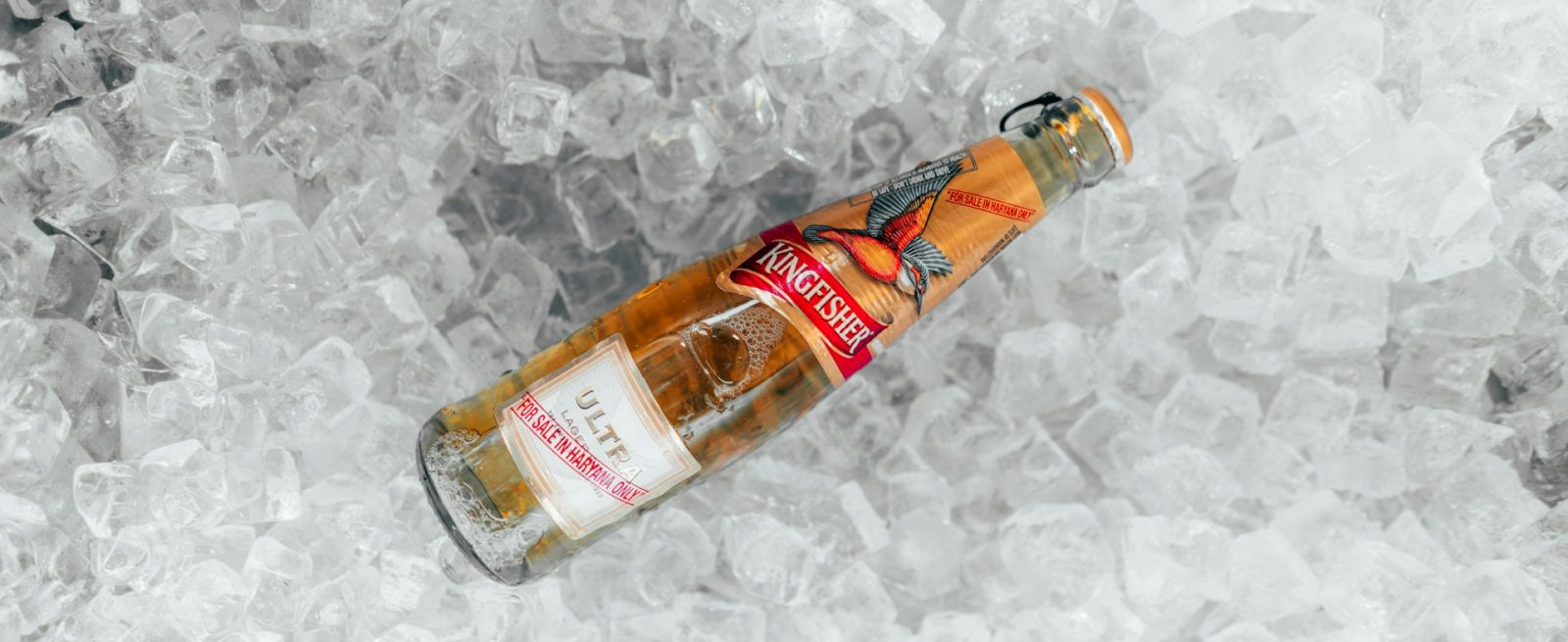How to Pass Health Inspections: Ice Machines and Refrigeration
2 Min Read By Ivan Chavez
Steering through the maze of health inspections might seem tricky. There's a lot to consider — especially when it comes to your commercial refrigeration and ice machines. But fear not! This friendly guide is here to shed light on the best practices to keep your coolers and ice makers sparkling clean. It's not just about acing health inspections, but also about winning the trust of your customers by letting them know their health and enjoyment are your number one priority.
The Imperative of Pristine Condition
Health inspectors have a critical eye for the cleanliness and maintenance of commercial refrigeration units and ice machines. The reason is straightforward: these appliances are fundamental in preventing foodborne illnesses by preserving food and beverages at safe temperatures. A well-maintained unit is a testament to an establishment’s dedication to health and safety standards.
Ice Machine Maintenance
Ice is classified as food by health departments, making the cleanliness of ice machines a paramount concern during inspections. To maintain the integrity of your ice production, it's essential to implement a comprehensive cleaning and maintenance schedule.
Cleaning and Sanitizing: Regularly dismantle removable parts for cleaning and sanitizing to remove mold, slime, and mineral deposits, which can contaminate ice and compromise flavor.
Filter Changes: Water filters should be changed as recommended by the manufacturer to ensure the water used for ice production is free of impurities and contaminants.
Inspection of Components: Periodically inspect the water inlet valve, bin, and evaporator for signs of wear or damage. A malfunctioning component can lead to inefficient ice production and potential health risks.
Professional Servicing: Engaging a professional service for periodic checks can uncover issues not immediately apparent to the untrained eye.
Refrigeration Housekeeping
The cleanliness and operational efficiency of commercial refrigerators are equally critical for passing health inspections. Adhering to the following guidelines will help maintain your refrigerator in optimal condition:
Regular Cleaning: Schedule routine cleaning of the interior and exterior surfaces to remove food residue and spillage, preventing the growth of bacteria and mold.
Temperature Monitoring: Ensure refrigerators operate at the correct temperatures, typically between 32°F and 40°F, to inhibit bacterial growth. Regularly calibrate and monitor temperature settings.
Seal Integrity: Check door seals regularly for wear or tear. A compromised seal can lead to temperature fluctuations, endangering food safety.
Coil and Fan Maintenance: Clean condenser coils and fans to maintain adequate airflow, which is vital for refrigeration efficiency and longevity.
Positioned for Success
Taking the initiative in keeping up with the maintenance of your commercial ice machines and refrigerators does more than just protect your good name—it actually cements your place as a forward-thinking leader in the industry, showing your unwavering dedication to top-notch quality and adherence to standards.


